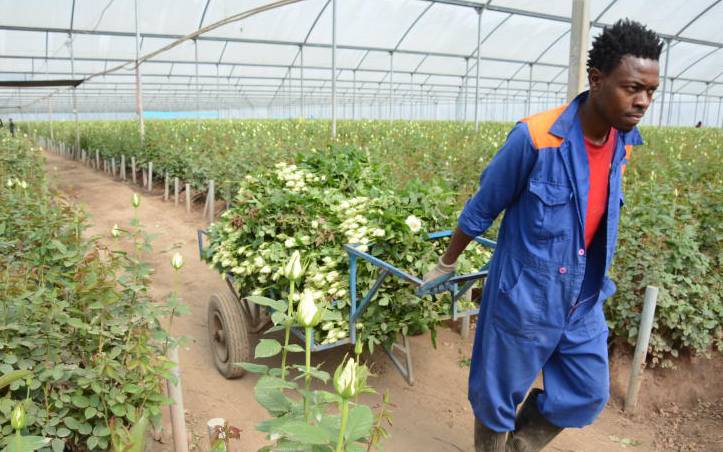×
The Standard e-Paper
Fearless, Trusted News

A worker from Maridadi flower farm in Naivasha collects ready roses for dumping in the compost yard due to lack of market. The farm is dumping over 230,000 roses every day due to the Corona crisis which has seen supermarkets in Europe close shop and the Dutch auction collapse. [Antony Gitonga, Standard]
Vegetable and fruit farmers in Naivasha are staring at the closure of their farms following the coronavirus pandemic that has seen cargo flights to European Union countries suspended.